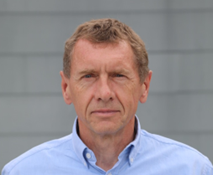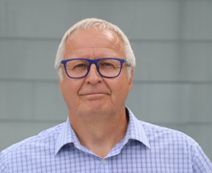REFLEKT LISTEN AND REFLEKT
TEAMS MEETING WEDNESDAY 1st JUNE 2022, 1100, hrs
Now that COVID is over, Mike and I would like to reestablish our Reflekt seminars to promote issues that we believe could lead to improvements in the petroleum industry in Norway. We have previously held breakfast seminars at the Auditorium at Ipark, Ullandhaug and we intend to continue with these following the summer. We have also organized seminars on Teams that have been more successful with regards participation although the interaction with the participants is not as productive.
We would therefore like to invite you to a ‘Listen and Reflekt’ lunchtime seminar on Teams 1st June 2022. The subject for this seminar will be Learning from Incidents.

Learning from incidents
On 17th January 2022 PSA announced their big drive for better follow-up. This initiative is intended to strengthen and further develop the follow-up of serious incidents in the oil and gas sector and is targeted at learning, prevention and improvement.
In 2016 the Ministry of Social Affairs established a tripartiteworking group to assess the HSE level and development in the Norwegian Petroleum Industry. The report from this group was the basis for a White Paper on HSE in the Petroleumindustry. On 6th April 2018 the White Paper was approved by the Minister of Labour and Social Affairs and presented to the Norwegian Parliament. One of the issues raised in the White Paper was the learning potential from incidents and accidents. In the follow up work to the White Paper a working group was established by the Safety Forum to consider learning from incidents. Their report was published in 2019 and there are eight recommendations (English summary).
We were initially tempted with the title ‘Why do we not learn from incidents?’ however such a title implies that we do not learn at all and that is, in our view, not correct. The petroleum industry has made significant improvements over the last 40 years and learning from incidents, in particular major accidents has played an important part in what has been achieved. As we are all aware and have probably experienced,incidents, including incidents with potentially serious consequences, are still occurring. In many of these, luck has played its part, and while we can hope that this luck continues, it is not something we should become dependent on. Many incidents are recurrences and display similar direct and underlying causes to previous incidents and these inevitably cause frustration and the prompt the call of ‘Why can we not learn?’.
In the seminar we will use examples from incidents and major accidents to give some insights into the factors that will determine whether this is an incident we will learn from and prevent recurrence, or whether this one will be repeated. We recognize that an organization is unlikely to have the capacity to follow up all incidents with the same rigor in the investigation and the same focus for implementing remedial measures. How then should efforts be prioritized? What can be done to get the most out of the learning from all incidents?
We hope that people attending the seminar will become involved and share their own experience and views. Our intention as always is to give you food for thought, or nutrition for reflektion as we like to say. Our hope is that you leave the Teams meeting with some ideas on the changes you can make to yourself or within your organization. Afterall without achange then no learning has taken place.
Thanks for your attention.


